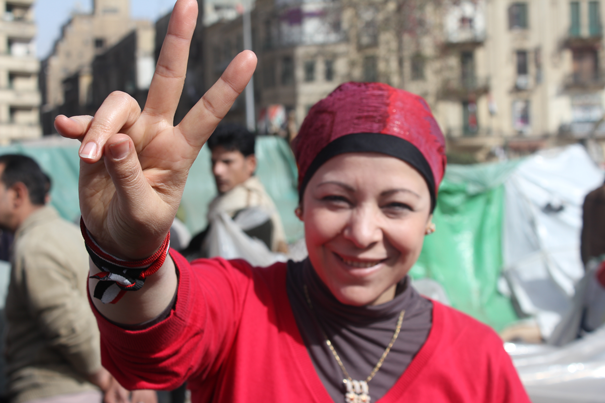
Today is International Women’s Day. Or, to give it its alternative title, “When is International Men’s Day?” Day. For those on Twitter who find themselves in desperate need of an answer to this question, comic Richard Herring can be relied upon to be doing a sterling effort most of today. As he does every year, his Twitter output today is likely to be a series of tweets informing those who have suddenly found themselves burdened with a burning need to agitate for men’s rights that International Men’s Day is, in fact, on the 19th of November.
Of course, while Herring is technically right, there is an alternative answer to this question, and that is, every other day of the year. Because in the world we live in, something doesn’t have to be explicitly labelled male for it to be focused on men.
The news media isn’t called the male news media, and according to the latest research from the Global Media Monitoring Project, men accounted for 76 per cent of those heard, read about, or seen in newspaper, television and radio news. Medication is not called “male medication”, and yet research indicates that women are almost twice as likely to have an adverse reaction to a drug than men, and 80 per cent of drugs withdrawn from the market are due to unacceptable side effects in women. Car crash test dummies are not called “male car crash test dummies”, and yet until 2011, that is exactly what they were: dummies designed around the male body, meaning that when women are involved in a car crash, they are 47 per cent more likely to be severely injured than a man in the same crash.
“Something doesn’t have to be explicitly labelled male for it to be focused on men”
The silent male focus extends to government policy. Consider the 1951 UN Convention on Refugees. This was not called the UN Convention on Male Refugees — but perhaps it should have been, because, admirable as the convention’s intentions were, they have made it much harder for a woman to claim asylum than a man. To claim asylum, you first must leave the country you are fleeing from — a much more onerous proposition for a woman who is more likely to live in poverty and less likely to be in formal employment and therefore is less likely to be able to get a visa and travel legally. She may also be coming from a country where she cannot travel without a male guardian — and her male guardian may well be the person from whom she is fleeing.
Assuming she does manage to make the trip and arrive in the country in which she wants to claim asylum, she will have to prove that the discrimination she faces fits into one of several boxes that include things like sexuality, political affiliation, and religious belief, but do not include sex. Given sex is one of the main reasons women are persecuted – it’s why they face, for example FGM, or domestic violence – it is more or less impossible for a woman to claim asylum without access to a good lawyer.
“The government does not provide any analysis of how the budget will impact women”
Today, a new budget will be announced. It will not be called “a budget for men” – and there is no reason to think it is going to be particularly good news for the majority of men. But unless it radically departs from every other budget from the past, it is likely to be even less good news for women. It will be hard for us to know exactly how badly women will be affected, because despite the fact that women and men have different policy needs the government does not provide any analysis of how the budget will impact on women. This is despite the fact the Public Sector Equality Duty says that all decisions taken by a public body must “pay due regard to the need to eliminate discrimination and promote equality of opportunity”. Hard to prove due regard If you don’t provide us with any analysis. Luckily, a non government body, the Women’s Budget Group, will be doing what they do at every budget, and providing us with their own analysis. My pro-tip for #IWD17: give them a follow on Twitter. But I warn you: it won’t to be pretty.
Let us return to the opening question. In this world where women are ignored in government policy, misrepresented in the media, silenced in public spaces (both on and offline), and underserved by medical science, is there a point to International Women’s Day? You will probably be unsurprised to hear that I conclude that yes, there is. Until we live in a world where we take women into consideration as a matter of course, until women go without saying, just as men do, until “woman” can mean human just as naturally as “man” does. Until then. Then, yes, there is still a point to have a single day in the year where we explicitly focus on women. A single day a year isn’t going to make all the changes we need. But, as evidenced by the howls of outrage with which certain quarters of the internet react to this day every year, having even a single day that focuses on women is still a radical act.